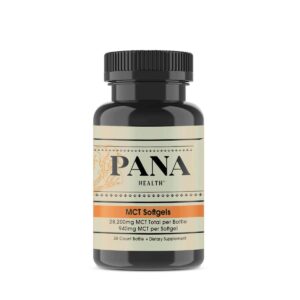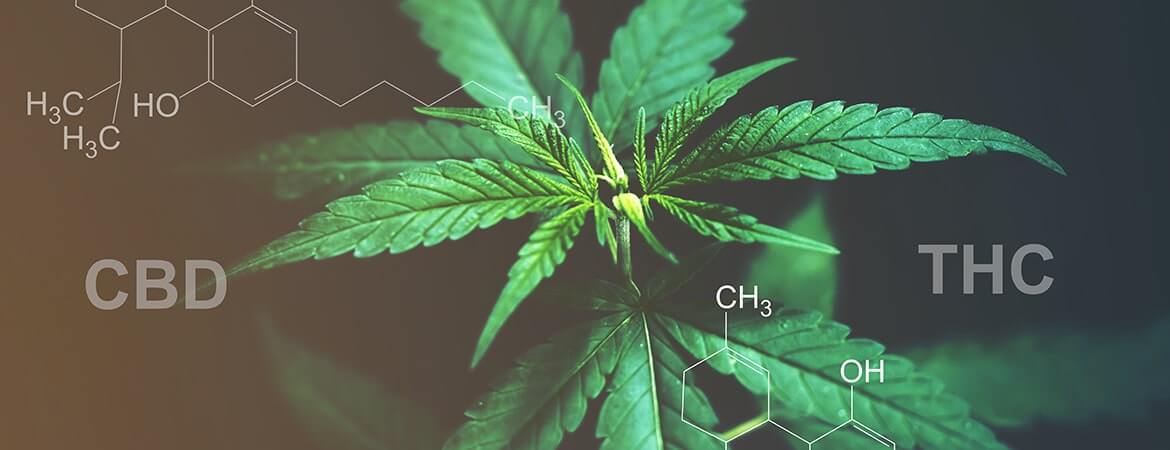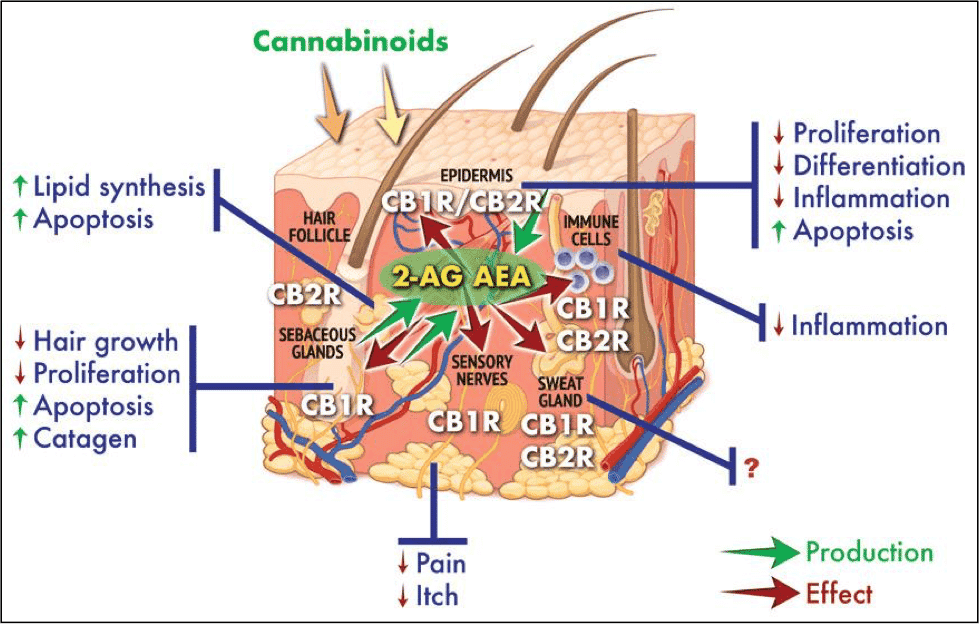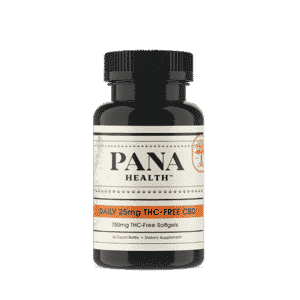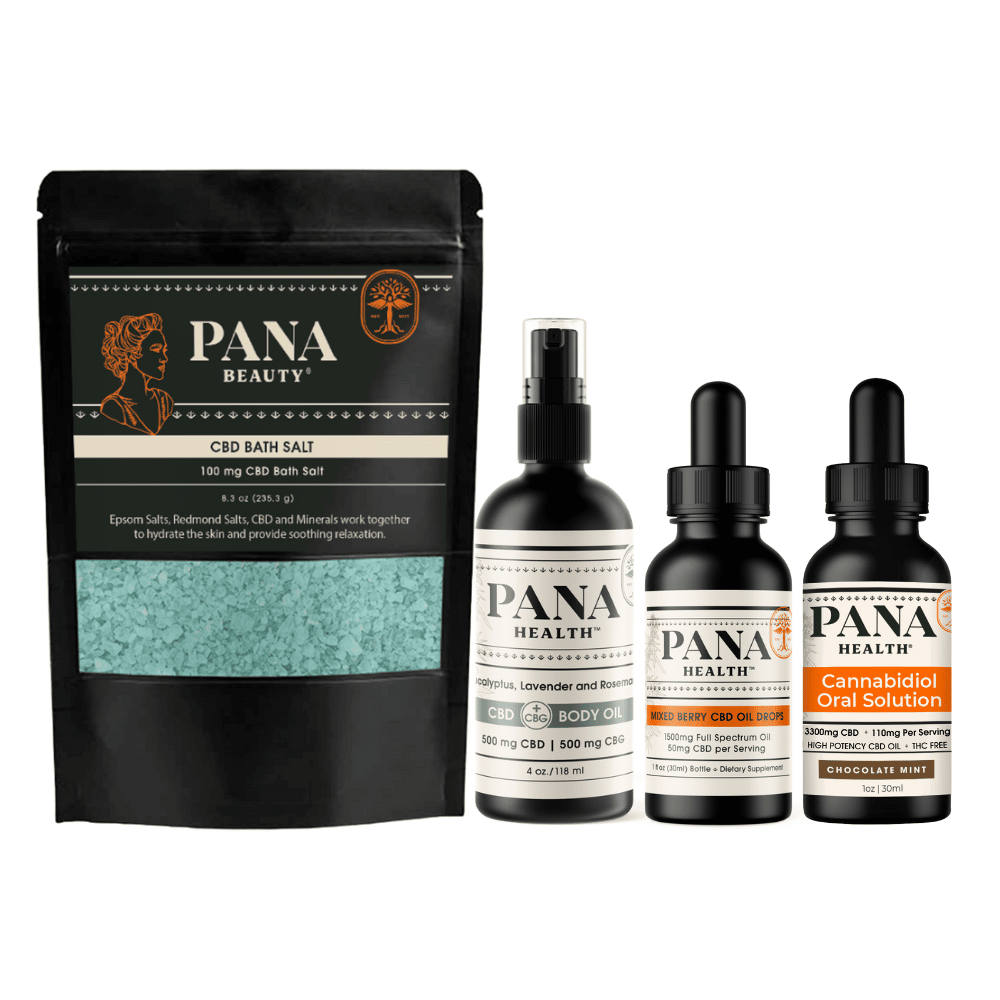There are an estimated 10 million people around the world who have Parkinson’s Disease, which may be under-represented due to misdiagnosis or not diagnosing the condition at all. The Center for Disease Control puts complications connected with the disorder as the 14th main cause of death in America.
The symptoms of Parkinson’s Disease may make daily functions difficult for those who suffer from the disease. This often leaves them looking for ways to manage daily life. Medical research from the last few decades suggests that CBD oil has the potential to lessen symptoms.
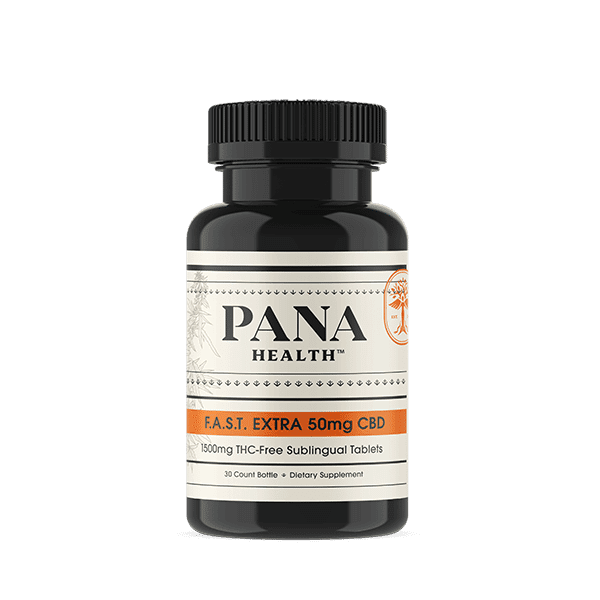
What is Parkinson’s Disease?
Parkinson’s Disease (PD) is a disorder that affects the nervous system. Symptoms include motor skill impairment, often making basic daily functions much more difficult. Parkinson’s Disease usually presents slowly with symptoms often starting as a slight shake or stiffness in one hand. However, since this is a progressive disease, symptoms get increasingly worse as time goes on.
Parkinson’s has five stages of disease progression from mild to severe. Most people may maintain independence throughout most until stages four and five when the condition becomes debilitating.
As mentioned, Parkinson’s Disease symptoms impair motor function, which will change how the body moves. For example, patients may stop moving their arms when they walk, or writing may become more difficult, affecting balance, even altering facial expressions. Parkinson’s Disease may also cause issues with functions that are not necessarily related to motor skills, including speaking, swallowing, and a diminishing sense of smell.
Many of the issues faced by those who have Parkinson’s Disease are caused by the body failing to produce a compound called dopamine. This compound helps regulate movement. Without it, motor functions become more difficult, often affecting the body in more ways than one would originally think.
It is not clear what exactly causes Parkinson’s Disease. There is evidence that suggests that there are potential genetic causes. Some research also indicates that there may be environmental causes. Constant exposure to certain chemicals might increase risk. Head injuries may also be a cause of Parkinson’s Disease.
There are about one million people in the United States alone who currently suffer from the disease. Most of these people are over the age of 50, but it has been known to affect younger people as well. Parkinson’s Disease is twice as common in men.
The impairment of motor function causes patients to struggle with every day tasks. As a result, these patients are seeking various ways to cope, including adding dietary supplements. One possible supplement to alleviate symptoms is CBD.
Many still don’t know what CBD is or what it may do.
What is CBD?
Cannabidiol usually referred to as CBD, is a compound found in Hemp and Marijuana, plants that are members of the Cannabis family. CBD has recently been explored by many people to provide a wide range of health benefits, including mental well-being.
Unlike it’s more well-known cousin THC (tetrahydrocannabinol), CBD does not provide a high. Most users do report a feeling of calm or relaxation, but CBD doesn’t have the same psychoactive effect that is normally associated with Cannabis.
One major difference between CBD and THC is the type of plant that product manufacturers obtain these cannabinoids from. CBD manufacturers most often derive CBD from hemp. Hemp-derived CBD is legal in all 50 states, where Marijuana derived-anything has yet to be legalized across the United States. Hemp also has much higher levels of CBD than THC. Marijuana, on the other hand, has higher concentrations of THC.
Another difference between them is how the two cannabinoids interact with the body’s endocannabinoid system, a series of receptors and enzymes that regulate many of the body’s cognitive functions. THC binds directly with the two most common Endocannabinoid receptors, CB1 and CB2. This causes a change in the body’s ability to regulate functions like memory and appetite. This is why the traditional “stoner” is often portrayed in pop culture as forgetful and constantly hungry.
CBD, on the other hand, does not directly bind with these receptors. Instead, CBD interacts with a different set of receptors modulating many different brain and body functions. In doing this, CBD does not provide a high, but the receptors it stimulates may increase pain tolerance or may boost your mood. This is because these receptors often regulate things like the production of serotonin and, what could be a benefit for those who suffer from Parkinson’s disease, dopamine.
How CBD may help Parkinson’s Disease
Marijuana, whether medical or recreational, is not federally legal in the United States, and several states have not legalized it. This doesn’t mean that Cannabis is completely inaccessible to those who don’t live in states with legal, medical Marijuana. In fact, Hemp is legal in all 50 states, making Hemp-derived CBD legal across the country.
But may CBD provide any help for those with Parkinson’s disease? Findings from research suggest CBD has great potential to modulate Parkinson’s symptoms.
Most of the studies done on how CBD interacts with Parkinson’s Disease have been focused on specific symptoms. These studies range from looking at how CBD may help those with the disease sleep to how it may help with Parkinson’s Disease caused psychosis.
RBD (REM sleep behavior disorder) is another symptom of Parkinson’s Disease that is a bit less known. RBD causes muscle weakness during sleep that is also associated with movement in sleep and nightmares. RBD may make sleeping very difficult for those with Parkinson’s Disease. A study published in 2014 looked at how CBD may help combat this symptom, potentially leading to better sleep for Parkinson’s Disease patients. It was a smaller study, consisting of giving CBD to four people with Parkinson’s Disease. Each of those four patients saw near-immediate and substantial improvement in their RBD. This could possibly mean that CBD may help Parkinson’s Disease patients have better sleep quality.
Psychosis is another Parkinson’s symptom that tends to appear during the later stages of the disease. The psychosis presents as delirium and hallucinations. In 2009 a small study was done to look at how CBD could help calm this particularly debilitating symptom. Six people with Parkinson’s Disease and Parkinson’s Disease-caused psychosis were selected and prescribed 150 mg of CBD a day. After four weeks of use, the test subjects showed a significant drop in their psychosis symptoms. Despite the size of this study, it is still very promising (Links below).
The most well-known symptom of Parkinson’s Disease is tremors. Tremors are rhythmic shaking that mainly affects the hands but may cause problems throughout the whole body. One study looked to see if CBD may help reduce these tremors finding that CBD may help reduce tremors, steadying the hands.
One study, published in 2014, tested the overall quality of life of people with Parkinson’s Disease when using CBD. Out of the three test groups, those who were taking the highest concentration of CBD daily (300 mg, as opposed to 75 mg and placebo) reported having a better quality of life and an improved sense of well-being.
Parkinson’s Disease, like many other chronic illnesses, may cause problems with someone’s mental health. One common symptom is anxiety—most people who use CBD for reducing mental stress point to the compound’s calming effect. The calming effect of CBD may help keep Parkinson’s Disease caused anxiety under control.
There have been many promising studies that have looked at how CBD affects inflammation. Many of these studies have suggested that CBD could help decrease inflammation helping increase movement and flexibility. The anti-inflammatory effects of CBD may help Parkinson’s patients, as well.
It would appear that CBD’s ability to stimulate the production of dopamine has the potential to help with symptoms of Parkinson’s Disease. The question now is, how do you take it?
How to take CBD
CBD comes in many different forms, strains, and concentrations. That means that there are many different ways that you could take CBD. One of the more common ways in orally. This is usually through products like tinctures, tablets, and edibles.
There are also CBD topicals, like lotions, that may be great options for symptoms like joint inflammation. However, topical application is not necessarily the best way to get the full benefits of CBD. As detailed above, most of the studies done on how CBD may help with Parkinson’s Disease have given CBD to the test subjects orally. This may suggest that taking CBD by mouth may be the best way to get the potential benefits for Parkinson’s Disease.
There are also different kinds of CBD that go beyond strains and concentrations. They are referred to as spectrums. There are three different kinds of CBD spectrums: Full-Spectrum, Broad-Spectrum, and CBD isolate. There are multiple other cannabinoids that come from the same part of the plant as CBD. When CBD is extracted, other compounds are extracted with the CBD. The names of the different spectrums reference how many other compounds are in the product beyond CBD.
Full-Spectrum is the least processed. It is CBD oil with everything else that comes with it, including THC and terpenes (which are cannabinoids that give Cannabis plants their flavor and smell). Broad-spectrum is the in-between of Full-Spectrum and CBD Isolate. It has everything that comes with CBD, except the THC. This, and Full-Spectrum, are likely to have more potent effects since it is common for the compounds to build on each other to create a stronger reaction. On the far end of the list of spectrums, there is CBD Isolate. It is the most processed version, consisting of just CBD and nothing else.
When first taking CBD, it is best to start the dosage as small, bottles you purchase should show a serving size and amount of CBD in milligrams concentrated in a serving. Try the milder strains at low concentrations. If these seem to be helping, without unpleasant side effects, you may try upping your dose. It is important to bear in mind that everyone will experience CBD differently. One strain that is does nothing for someone may be too strong for someone else. Be ready to experiment and try different kinds of CBD products.
CBD will not cure your Parkinson’s. However, others have observed that it may help regulate the symptoms. Be sure to talk to your doctor before you start using any CBD product. There aren’t any serious side effects associated with CBD (the side effects that are associated with it mainly consist of things like mild nausea, fatigue, and dry mouth). Usually, the side effects are also mainly felt by those who use CBD at very high concentrations. However, it may not interact well with medications you may be on. There also is no information as to how it may affect Parkinson’s patients long-term as research to evaluate long-term benefits has not yet been conducted.
Parkinson’s disease may be hard to live with. However, there are ways to help regulate the symptoms, making the disorder more tolerable. Research is showing that CBD may be a potential way to do that.
Source:
https://www.ncbi.nlm.nih.gov/pubmed/25237116
https://www.ncbi.nlm.nih.gov/pubmed/21545415
https://www.ncbi.nlm.nih.gov/pubmed/17196181
https://www.ncbi.nlm.nih.gov/pubmed/18801821
https://www.ncbi.nlm.nih.gov/pubmed/3793381
https://www.healthline.com/health/parkinsons-disease/cbd-oil-for-parkinsons#treating-parkinsons
https://www.dementiacarecentral.com/parkinsons/treating/cbd/
https://www.apdaparkinson.org/what-is-parkinsons/
https://www.healthline.com/health/parkinsons#symptoms
https://www.parkinson.org/understanding-parkinsons/what-is-parkinsons
https://www.mayoclinic.org/diseases-conditions/parkinsons-disease/symptoms-causes/syc-20376055



